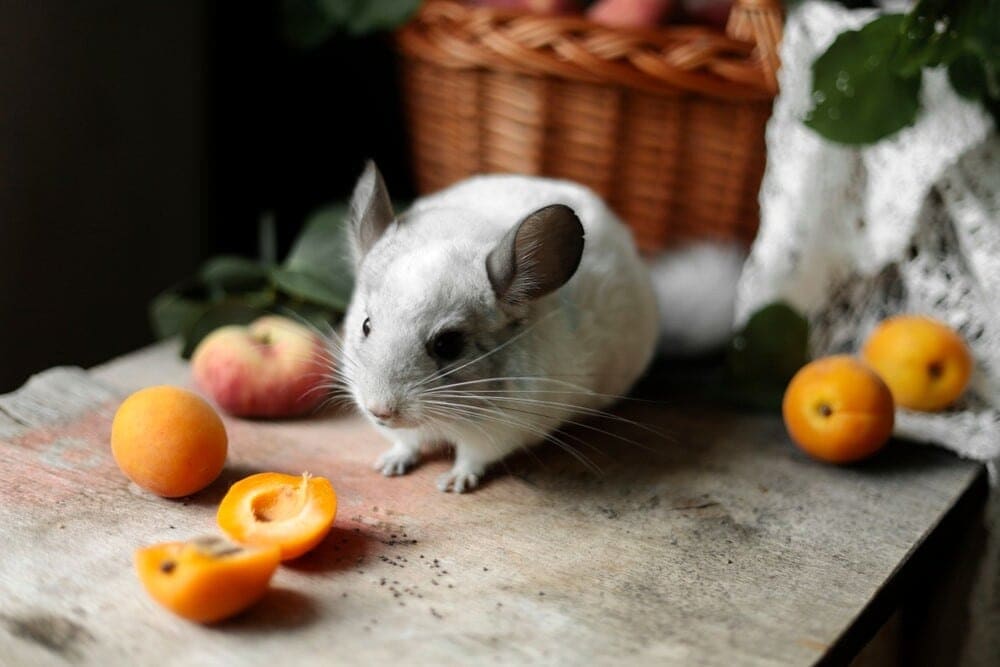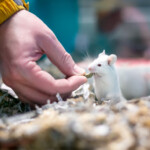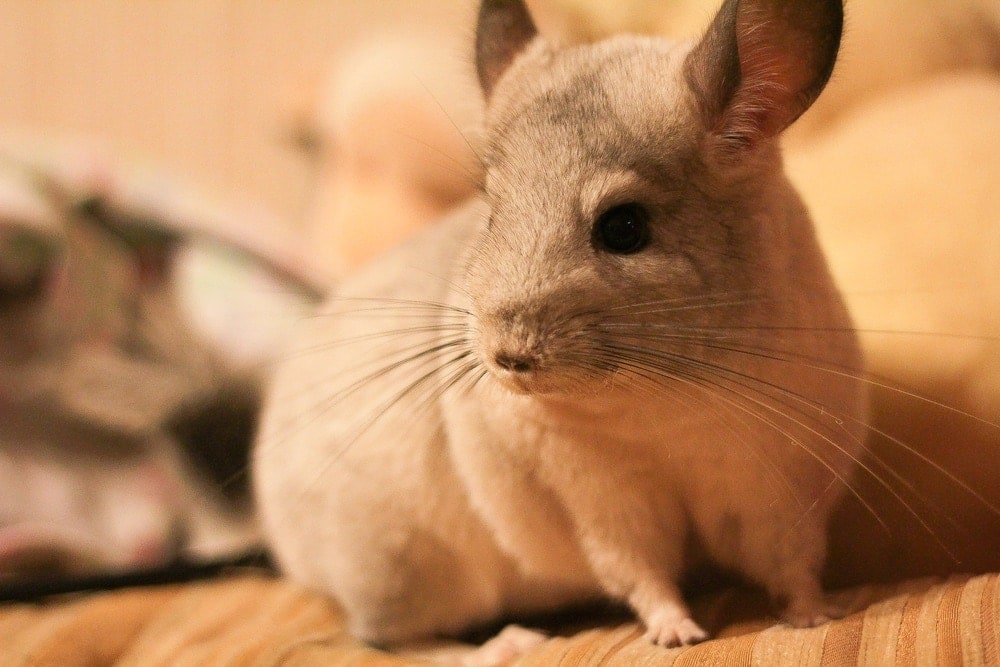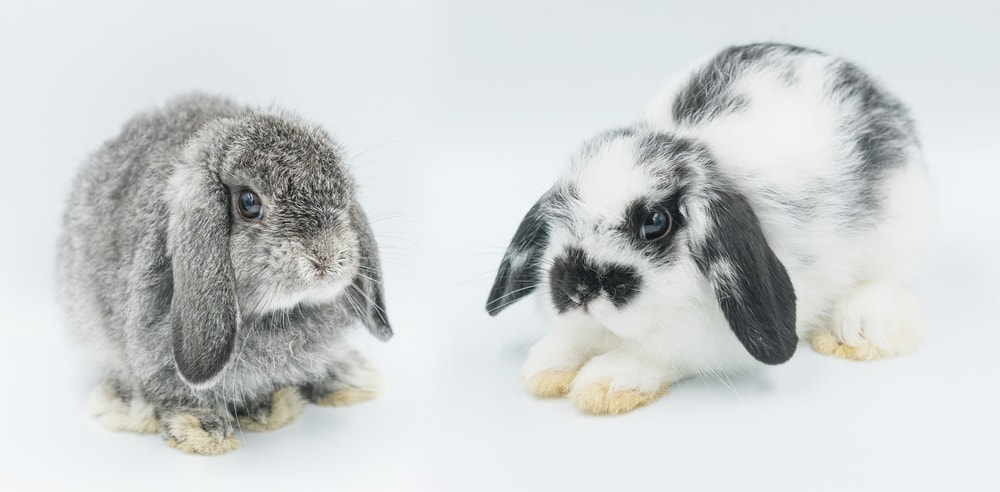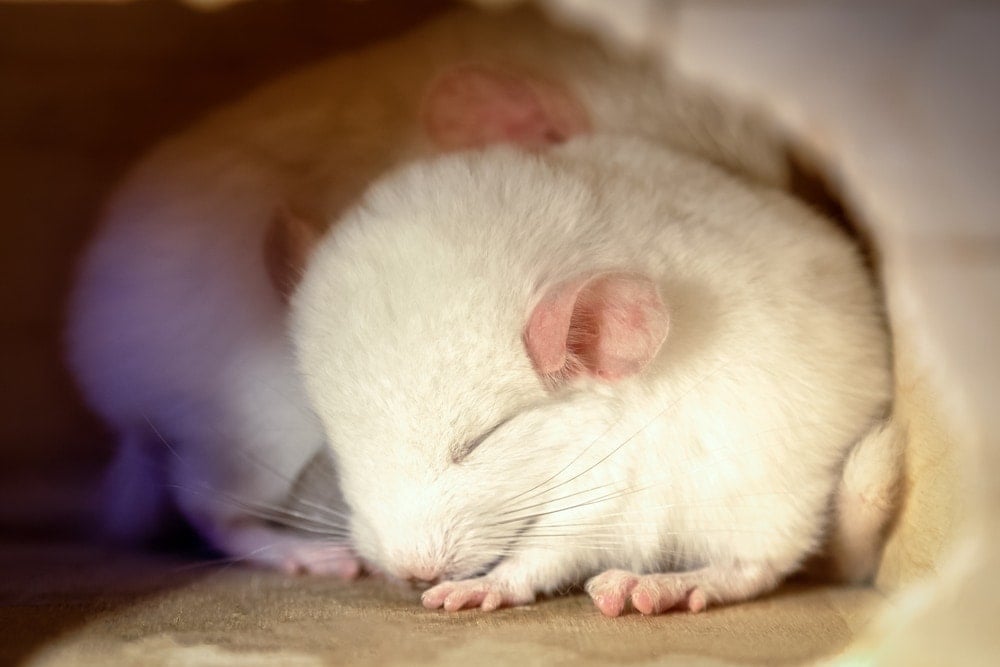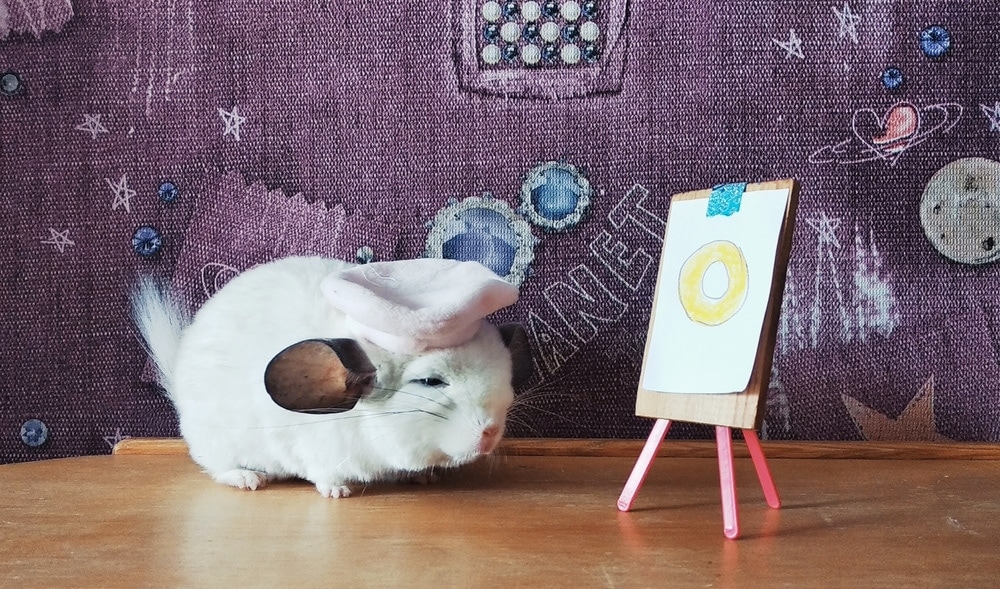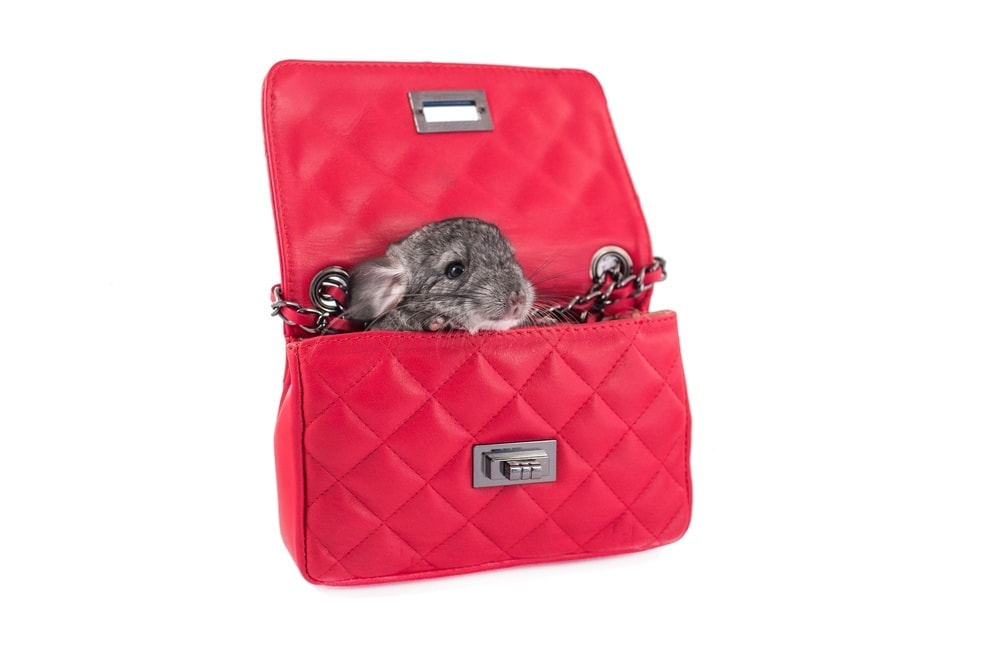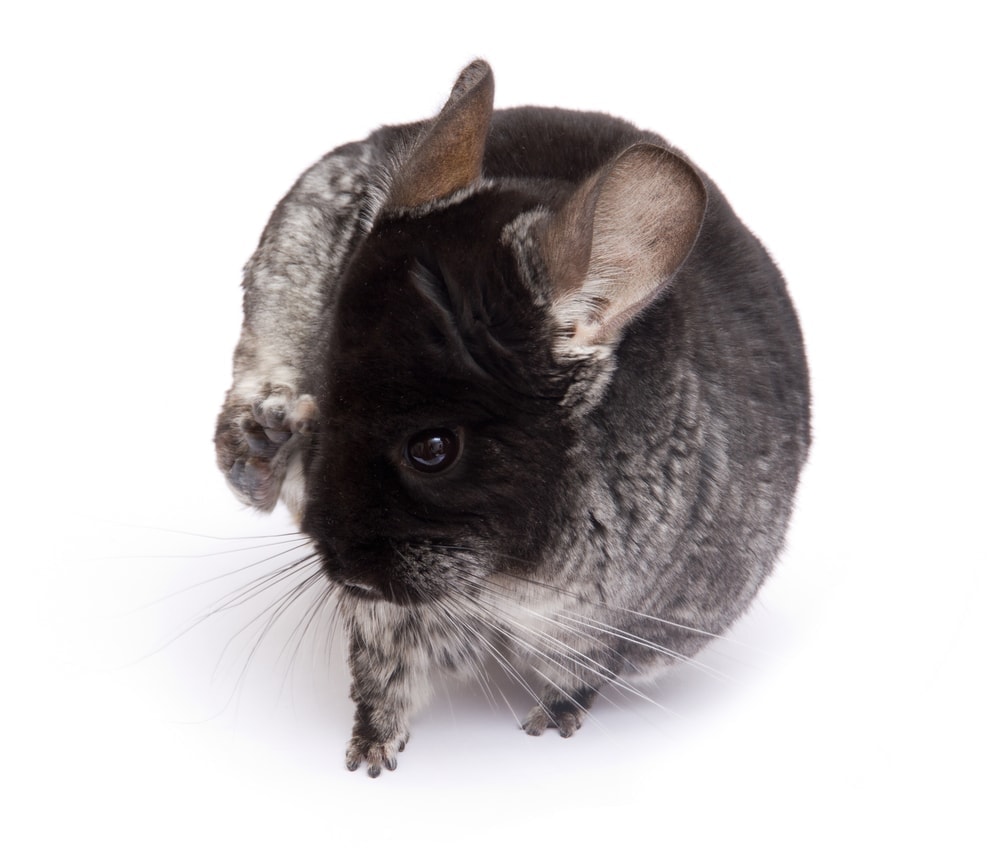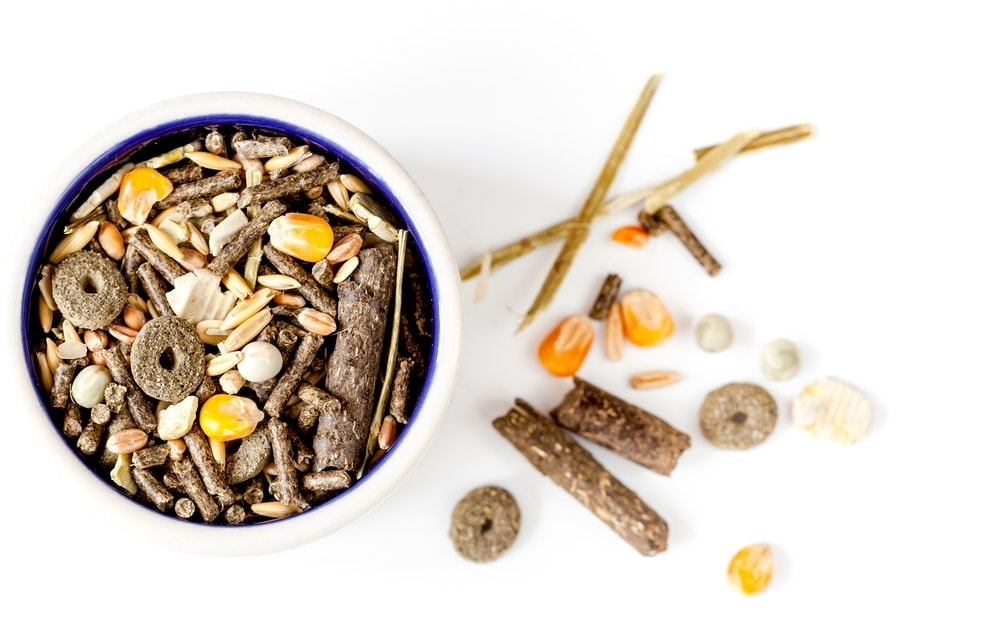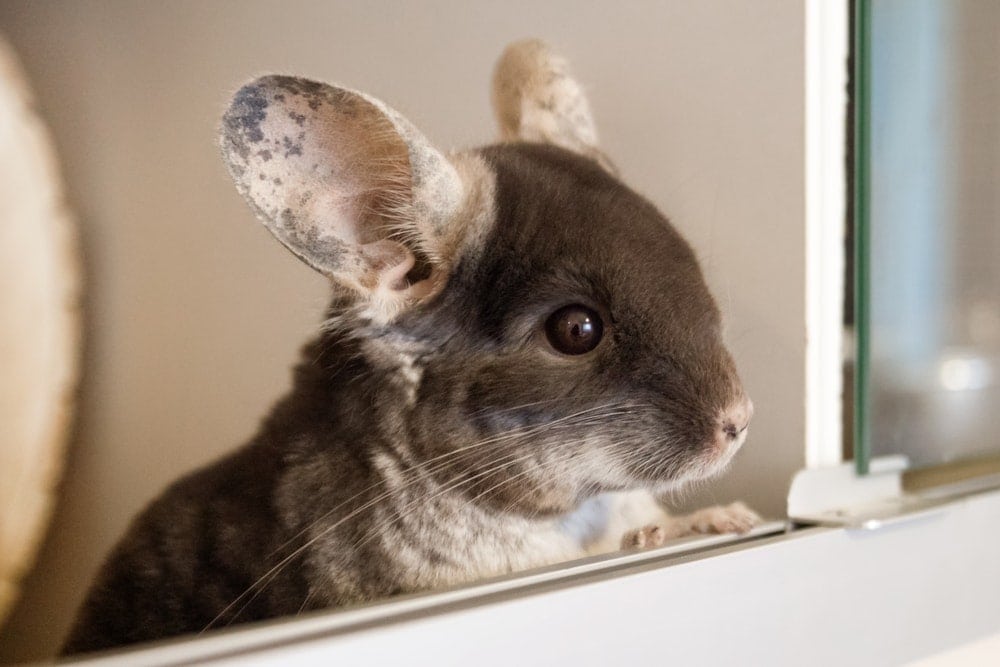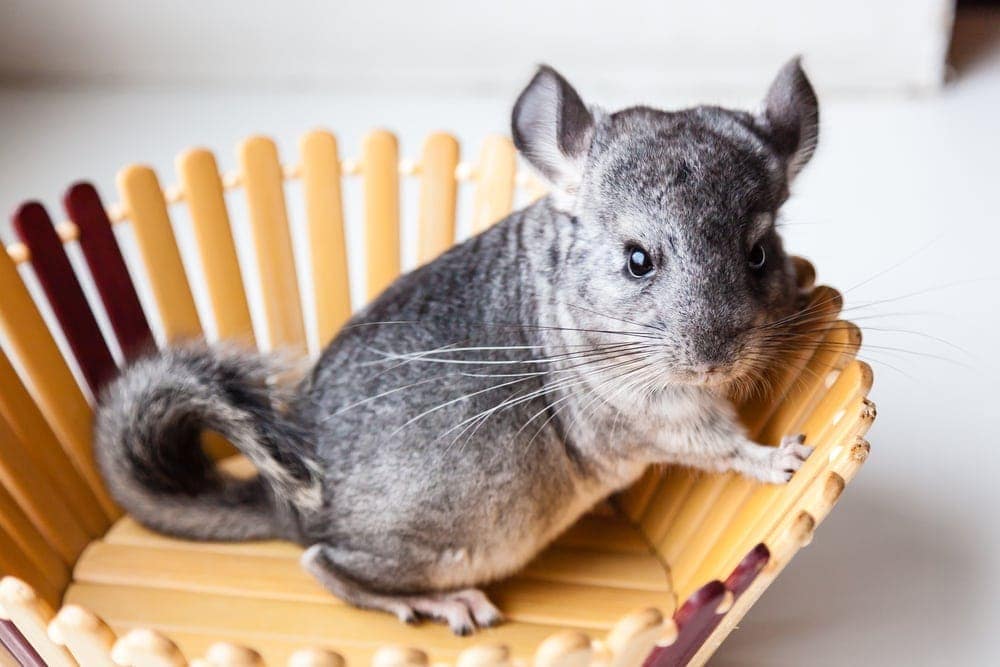There are certain foods that chinchillas can eat, but some of them are more nutritious than others.
If you’d like to give your furry companion some fruit, you’ll need to get the facts first. This article will help you to get your pet’s dietary needs met without making any serious mistakes.
Is Fruit Safe for Chinchillas?
Fruit in general is not dangerous for chinchillas to eat. It is important to keep in mind that not all of these animals will respond the same way to this type of food. While you shouldn’t be afraid to give your chinchilla fruit, you’ll need to keep a close eye on them to see how they react the first time.
The fact is that fruit can actually help supplement your chinchilla’s diet, providing it with a variety of vitamins, minerals and nutrients. All of these things contribute to your pet’s overall health in a very positive way.
Best Fruits for Chinchillas
As we mentioned above, there are in fact certain types of fruit that are better than others for chinchillas.
Some of the best fruits for these animals include:
- Apricots
- Green apples
- Grapes
- Pears
- Raisins
- Dried fruit
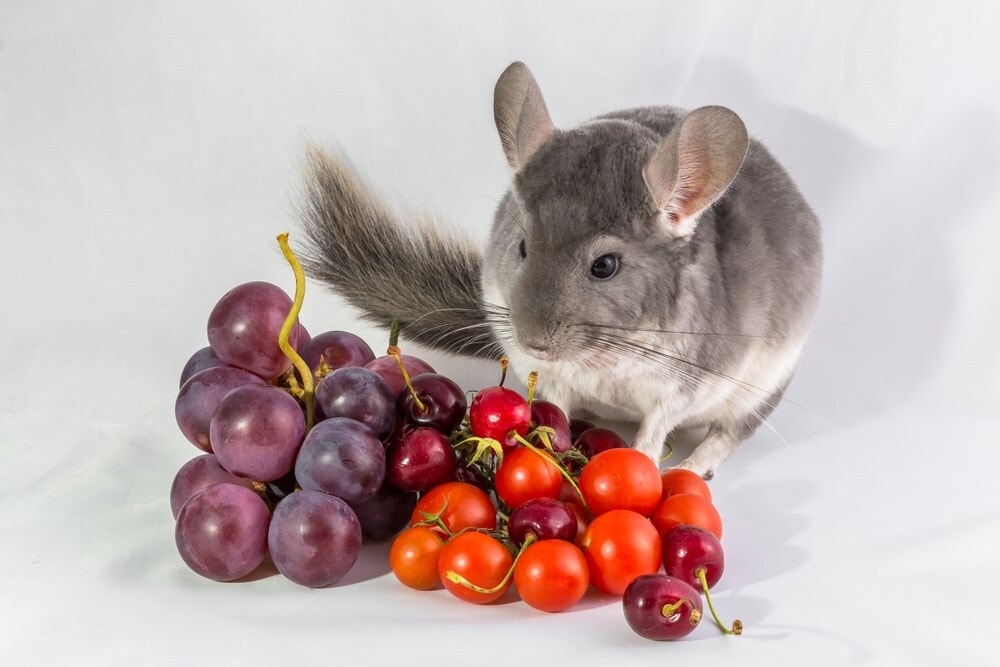
Worst Fruits for Chinchillas
There are also a number of fruits that you should never give your chinchilla under any circumstances, including:
- Blueberries
- Mango
- Avocado
- Apple sauce
- Lemons
- Bananas
- Mandarin oranges
- Pineapples
- Cantaloupe
It is best to avoid giving your chinchilla any citrus fruits, as they are very acidic and often cause a negative reaction. Some fruits like blueberries are inherently toxic to these animals. It’s imperative that you never give your pet any of these foods, even just a little bit.
Avocado in particular is not a good food to give to chinchillas, as it is known for causing major digestive issues. There is a good chance that it will cause your pet severe pain.
Tips for Giving Your Chinchilla Fruit
Before you go ahead and give your chinchilla any amount of fruit, you will need to keep the following tips in mind. These tips can help you introduce new and nutritious foods to your pet without putting its health at risk.
1. Give them a Tiny Piece
It is crucial that you only give your chinchilla a tiny piece of fruit at once. Make sure that it is small enough to where they won’t have any problems eating it. Giving them a piece of fruit that is too large poses a choking hazard.
2. Moderation is the Key
You should refrain from giving your chinchilla fruit every single day. Instead you’ll want to limit their fruit consumption to just three or four times each week.
Most fruit is very high in sugar, so you therefore don’t want to give your pet too much of it, or too often. This can lead to excess weight gain, which comes with a variety of potential health problems. These animals are prone to obesity, so you need to keep this in mind.
Fruit should only make up about 10% of your pet’s total diet. Giving your pet any more than this will only lead to health issues that will cause them mental and physical distress.
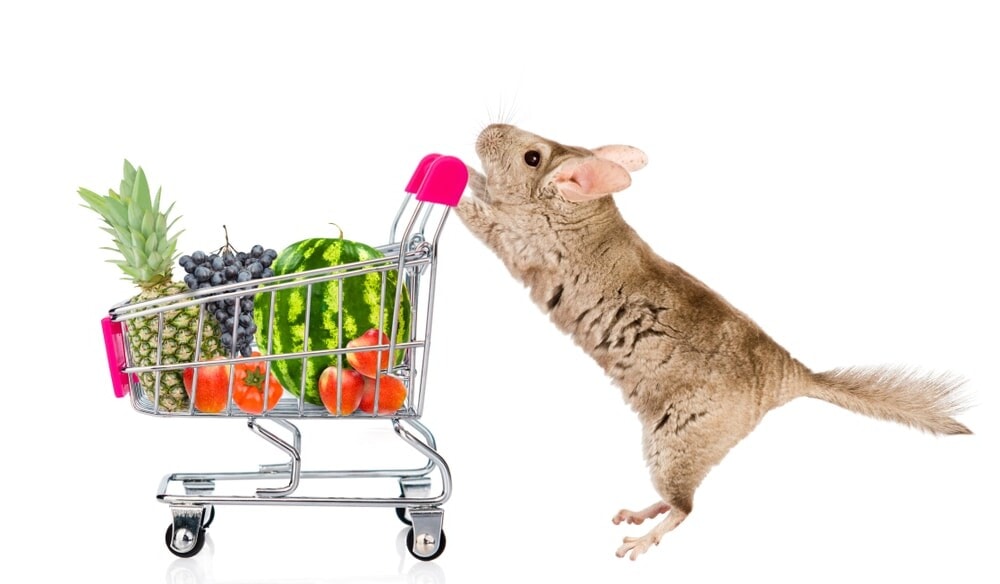
3. Monitor their Reaction
Keep a close eye on your chinchilla after giving them a certain fruit for the first time. Some of these animals experience nausea, vomiting, and lack of appetite after eating a food that doesn’t agree with them. If you notice any of these symptoms, you shouldn’t give them that food again.
If your chinchilla continues to exhibit signs of illness for more than a day after eating a certain fruit, you should get it to the vet. This is not the kind of thing that you want to ignore.
It is never a good idea to just put some fruit in your chinchilla’s cage and leave it there. You should always watch them as they eat it. Throw away any bits of fruit that they do not eat. Allowing it to sit in their cage and rot only poses a threat to your pet’s health.
You’ll also want to see what your chinchilla’s feces looks like after it eats some fruit. This is actually a very effective way to determine whether or not you should give it to them again. If their stool is soft and sticky, they probably had a bad reaction.
4. Always Give Them Fresh Fruit
Make sure that the fruit you give your chinchilla is always fresh, because otherwise they could get very sick or even die. This means properly storing the fruit that you buy at the grocery store. You should never give your pet any fruit that looks or smells like it might be rotten.
5. Make Sure they Have Water
Whenever you give your chinchilla any fruit, you’ll want to make sure that they have plenty of water to drink. If a piece of fruit gets lodged in their throat, they can take a drink to get it down. Otherwise your pet could choke and die. It is important for them to have constant access to water for general health reasons.
Conclusion
- The fruit is not inherently toxic to chinchillas, and in fact, it can benefit their health in a number of ways.
- Some of the best fruits to give your chinchilla include pears, dried fruits, apricots, and raisins.
- You should never give your chinchilla any avocado, bananas, blueberries, pineapple or cantaloupe.
- It is not a good idea to give them any citrus fruits, as they are likely to cause digestive issues.
- Make sure that you give your chinchilla tiny pieces of fruit that they can easily swallow.
- You should only give them fruit three to four times each week.
- Keep a close eye on your chinchilla after giving them fruit.
- If it seems like they are having a bad reaction to the fruit you gave them, you might need to pay a visit to the vet.
- You always want to give your chinchilla fresh fruit that does not show any signs of spoilage or rot.
